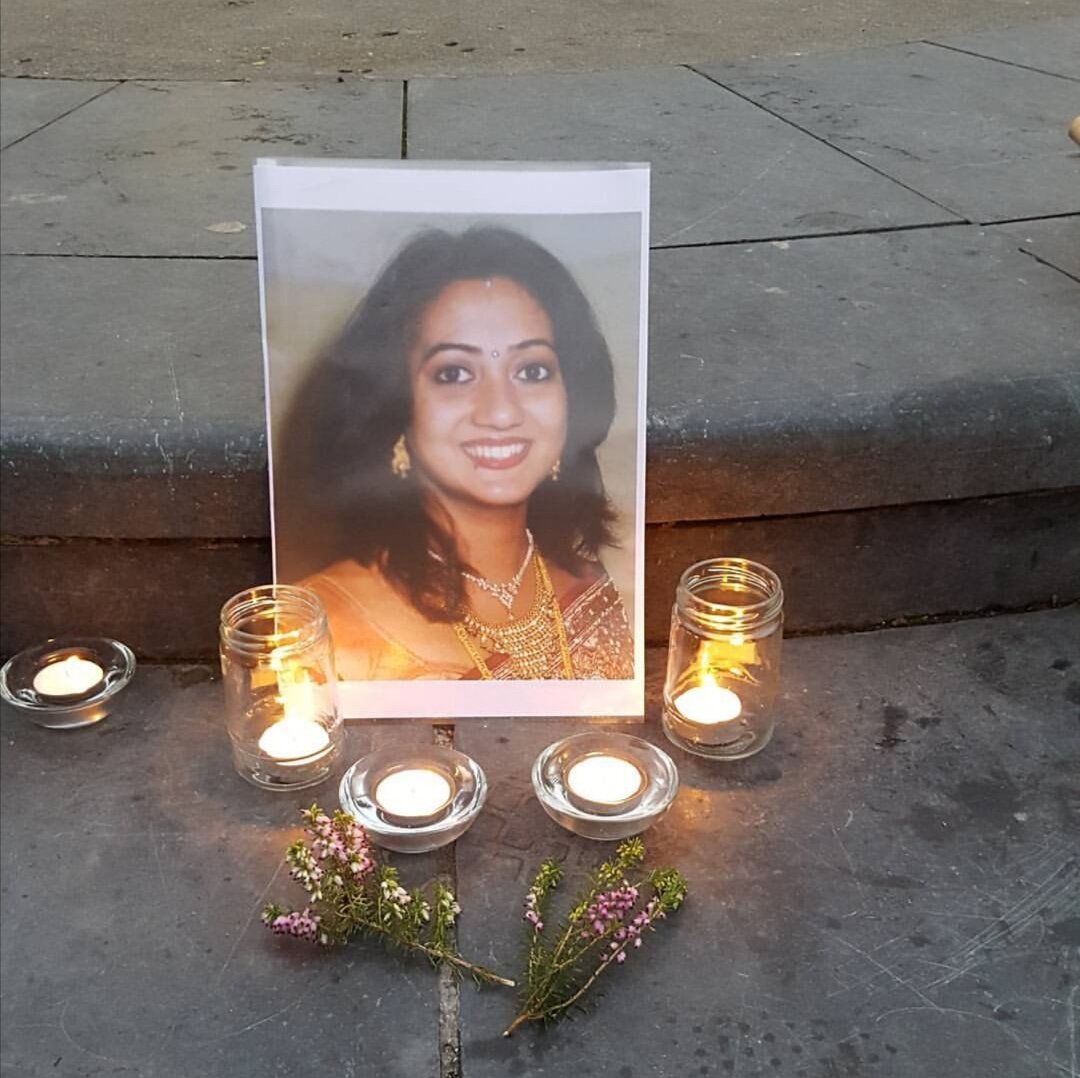When the news of Savita Halappanavar’s death broke on 14th November 2012, I immediately had questions. I wanted to know how and why this young woman died. We all did.
The answers, according to the findings from the on-going inquest, paint a picture of failure after failure. Letting the Halappanavar’s down and Savita ultimately paying for it with her life. These failures were both human and systemic. There was an unnecessary delay in reviewing all the information and test results, which meant they couldn’t possibly treat Savita correctly. Unfortunately, she never stood a chance.
In the aftermath of Savita’s death I couldn’t get past the thought that it could have been me. Or you. It could have been any woman. Am I confident that it won’t happen again? No and I’m sure I’m not the only one. Women all over the country, and their loved ones, now have something else to contend with when it comes to pregnancy. The question of whether they are receiving the best possible care and if something should go wrong will everything be done to help them get through it? I still do not know the answer to that, and it scares the hell out of me.
Had the X Case already been legislated for would it have saved Savita? Based on the litany of errors that were made throughout this case I would have to say that sadly it probably would not. By the time the doctors realised that her life, as opposed to her health, was in danger it was already too late. There was no hope.
Does this mean that the lack of X Case legislation played no part in Savita’s death? No, it does not. The fact that Savita was refused a termination when she requested one on the Tuesday, the third day of her ordeal, is down to our abortion laws (or lack of laws). This is evident in the fact that the consultant Dr Katherine Astbury, said it couldn’t be done as there was a foetal heartbeat and Savita’s life wasn’t at risk. We now know that Savita’s life was in danger. They just hadn’t realised it yet.
If a termination had been granted when Savita requested it would it have saved her life? It might have stopped the sepsis from taking hold but that is something we’ll never know for sure. What we do know is that a woman who was in the process of a prolonged and painful miscarriage asked for help, with ending the process sooner, and was refused. I’m not comfortable with nor proud of living in a country where this happens.
In trying to explain the reasons for the refusal to the distraught couple, the midwife manager Ann Maria Burke told them that a termination couldn’t be carried out because Ireland is a ‘Catholic country’. Ms. Burke confirmed this at the inquest, after Praveen Halappanavar had initially stated that it was the consultant who spoke those words. Ms. Burke expressed regret for her remarks and to his credit, in what is the latest in a long line of strong and dignified moments from Praveen, he accepted her apology.
It wasn’t simply one thing that led to the untimely death of Savita Halappanavar. There was mistake after mistake and yes, our abortion laws played a role. The extremes, on both sides, of the abortion debate would do well to acknowledge this. Instead of frantically spinning this tragic case to fit their agenda, and their agenda alone.
Back in November, after much consideration I concluded that I was in favour of legislating for the X Case. I could no longer consider myself to be on the pro-life side of this debate. By not supporting abortion on demand (which is a term I’m not a fan of, if anything it would be abortion on request) however, I found myself not fully in the pro-choice camp either. I was somewhere in the uncomfortable middle.
Johnny Fallon articulated some of my own struggles with the issue better than I could, in this Irish Independent article. I can understand where both sides are coming from, which in many ways can be a good thing. When it comes to the contentious issue of abortion though, it doesn’t do you any favours with either side. Anne-Marie Flynn also spoke about this in her piece, when she mentioned that when it comes to abortion ‘no-one can ever claim to be really right’.
I would now consider myself pro-choice and to be honest, I am more interested in exploring what that means than debating with the pro-life side. I have questions about term limits and funding but that is a piece for another time, not that I’ll ever have all the answers.
I don’t know what X Case legislation will look like when it comes. I suspect that in order for it to meet the requirements of ‘The State acknowledges the right to life of the unborn and, with due regard to the equal right to life of the mother, guarantees in its laws to respect, and, as far as is practicable, by its laws to defend and vindicate that right’, it will be something that neither side will be happy with. The pro-life side will deride it for bringing abortion into Ireland, while the pro-choice side will be adamant that it’s not even close enough.
What I do know is that it will do nothing for women who have been told their foetuses are not viable. Or women who find themselves pregnant as a result of rape. Or women who want an abortion for any number of other reasons. And so, the debate will never end.
